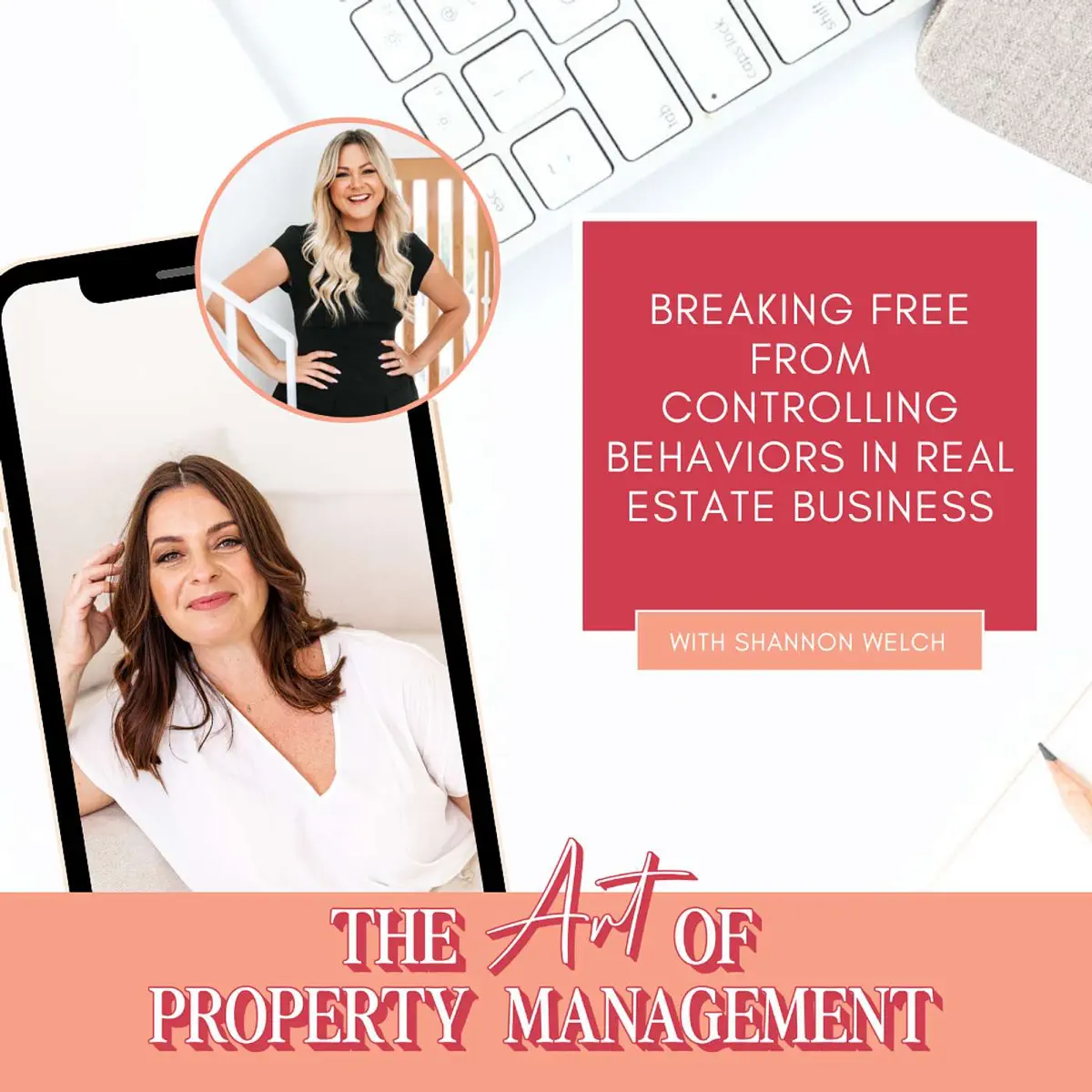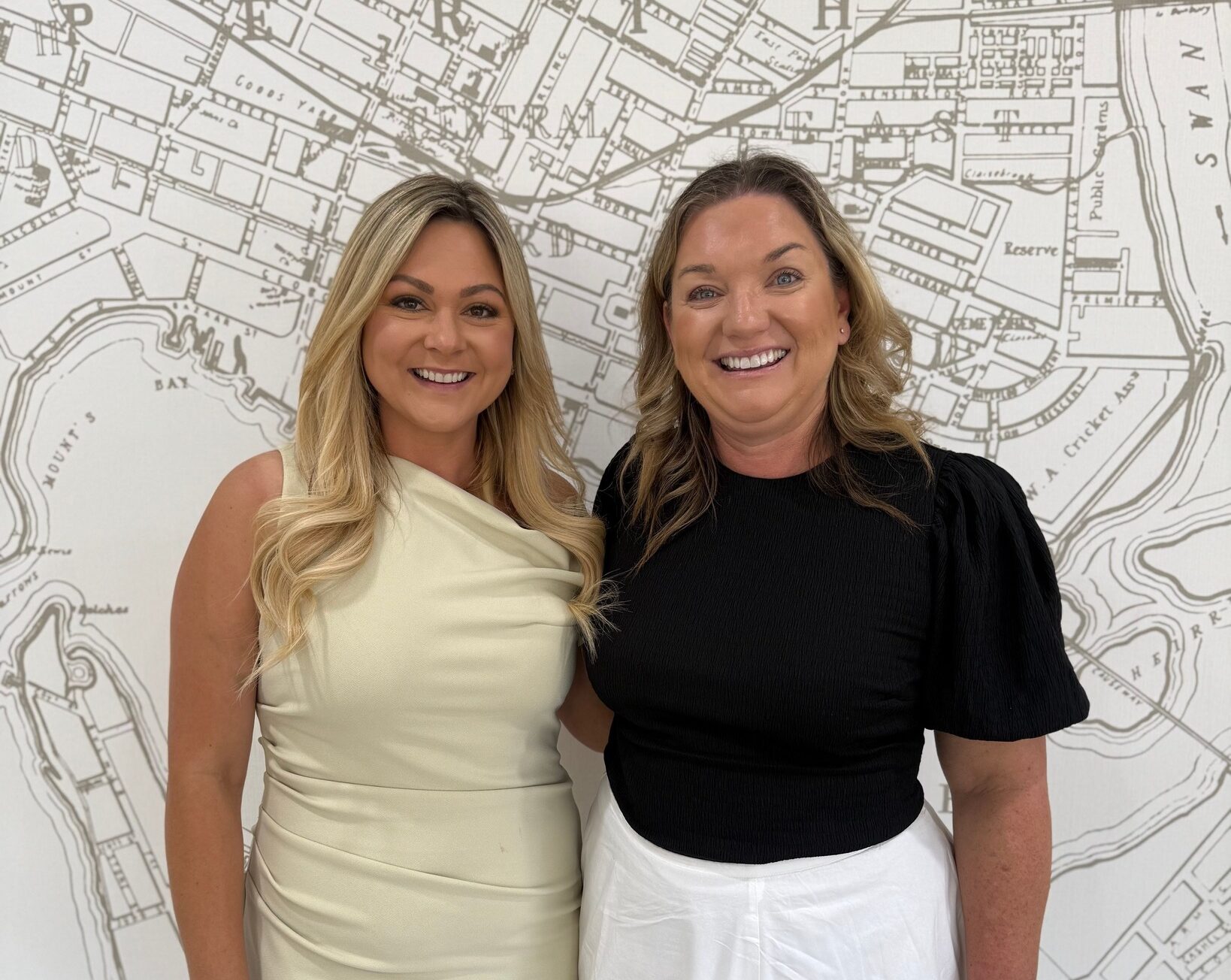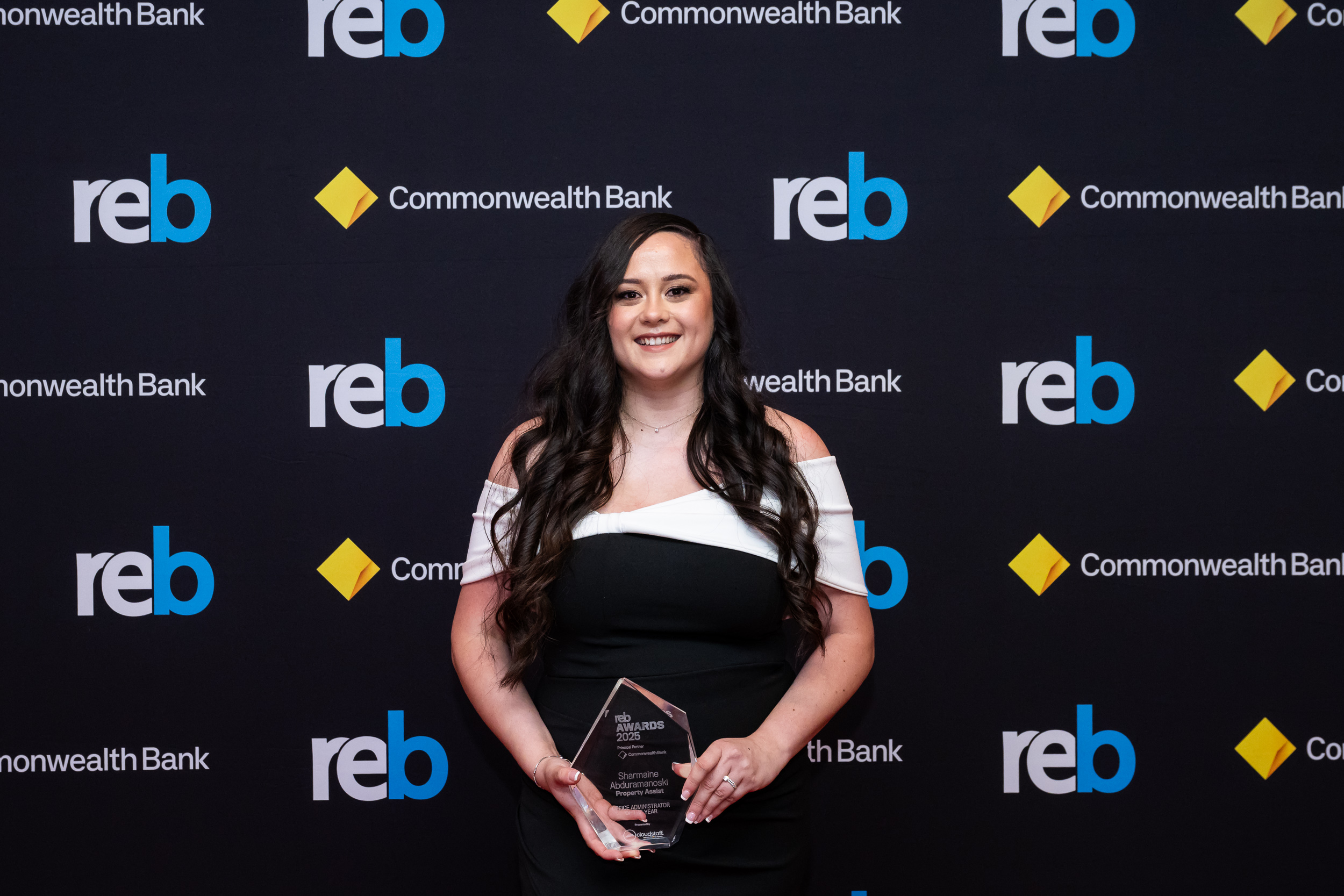Our blog features insights, tips and advice from industry experts.

Does this sound familiar? You’ve found yourself sitting in an overpriced hotel conference room, watching a presenter click through slides you could have read yourself in about 15 minutes. Your inbox was filling up, your back was aching from the uncomfortable chair, and you were silently calculating how much this wasted day was costing you.
You’re not alone.
We’ve all been there – trapped at a professional event that promised game-changing insights but delivered nothing but networking small talk and stale coffee. With my schedule already packed and deadlines looming, I decided right then that I needed a better system for figuring out which events deserved my time and which ones deserved a polite “sorry, can’t make it.”
The Event Avalanche Is Real
If you’re anything like me, your inbox is constantly bombarded with invitations to “unmissable” industry events. Everyone wants a piece of your calendar (and your budget). Some days it feels like there are more conferences than there are working days in the year!
The struggle gets real when you’re trying to figure out which conferences are actually worth taking off your comfy work pants for. And with registration fees climbing higher every year, making the wrong choice isn’t just annoying – it’s expensive.
Why Showing Up Still Matters (Even When You’d Rather Stay Home)
Before diving into how to choose events wisely, let’s talk about the elephant in the Zoom room: With everything available online, why should we bother with in-person events at all?
Here’s my take: While my home office setup is delightful (and my dogs makes an excellent coworkers), there’s some magic that only happens when you’re physically present somewhere. The knowledge that made you a rockstar five years ago might be as outdated as those skinny jeans in the back of your closet. Industry events give you:
- Early access to trends before your competitors even know they exist
- Actual human connections that don’t involve awkward freezing screens
- Those “mind-blown” moments when someone says something that changes your whole perspective
- A much-needed kick in the pants when you’re feeling stuck or uninspired
- The chance to be known as that person who’s always up on the latest and greatest
As my mentor once told me, “If you’re not growing, you’re turning into a professional fossil.” And nobody wants that on their LinkedIn profile.
The “Worth My Precious Time & Sanity” Decision Framework
After spending more money than I care to admit on events that weren’t worth the airplane pretzels I ate getting there, I’ve created this handy framework for choosing events that won’t make you regret leaving your house:
1. Figure Out What You Actually Want to Learn
Before you commit to anything, ask yourself: “What am I actually hoping to get out of this?” Are you:
- Looking to master a specific skill?
- Trying to spot industry trends before everyone else does?
- Wanting to level up your leadership game?
- Mainly there for the networking (no judgment, we’ve all been there!)
Getting crystal clear on this saves you from that “why am I even here?” feeling when you’re three hours into a conference about something you don’t actually care about.
2. Check If the Speakers Are Actually Worth Listening To
Let’s be honest—some speakers are amazing, and others will have you checking emails under the table within minutes. Before committing, do some detective work:
- Has this person actually DONE the thing they’re talking about, or do they just talk about doing the thing?
- When you Google them, do they seem genuinely knowledgeable or just good at creating a personal brand?
- Have they shared any original ideas, or are they recycling the same talk from 2015?
- What do past attendees say? (Bonus points if you can find unfiltered reviews!)
Remember: One hour with someone brilliant can be worth more than two days with someone boring—even if the boring person has more impressive credentials!
Pro tip: I always check speakers’ content online before registering. Have they written articles that show deep knowledge? Do they share specific, actionable insights on social media, or just motivational quotes? This vetting process has saved me from countless hours of generic presentations.
3. Scope Out the Networking Potential
Let’s face it—sometimes the real value isn’t in the presentations but in who you’ll bump into at the coffee station. Ask yourself:
- Will the actual decision-makers be there, or just their assistants?
- Can you peek at the attendee list beforehand to plan your “accidental” run-ins?
- Does the event include structured networking, or is it all awkward cocktail hour vibes?
- Any chance to corner—I mean, have meaningful conversations with—the speakers?
One solid connection can be worth the price of admission. I once landed a major client because we both complained about the terrible coffee at a conference!
My secret weapon: I always reach out to 3-5 people I want to meet before the event and suggest a quick coffee meet-up. This pre-scheduled networking means I don’t leave connection-building to chance, and it gives me a solid reason to attend even if some sessions turn out to be duds.
4. Make Sure the Format Won’t Drive You Nuts
We all have different learning styles. I discovered mine after nearly falling asleep during a two-hour lecture but then being totally engaged in a 15-minute hands-on demo:
- Are you a “let me try it” person or a “tell me how it works” listener?
- Do you need inspiration and big ideas, or are you after nuts-and-bolts skills?
- Are you looking for the buffet-style learning of big conferences or the deep-dive of focused workshops?
- Be honest: How long can you ACTUALLY pay attention before checking your phone?
Even the world’s best content will be wasted if you’re stuck in a format that makes you want to escape through the nearest exit sign.
5. Do Some Honest Money Math
Let’s talk cash and opportunity costs. Beyond the ticket price, consider:
- Will you need to spring for flights, hotels, and $25 conference center sandwiches?
- Who’s covering your regular work while you’re gone? (Or will it all be waiting for you when you return? 😱)
- What projects will get delayed because you’re out of office?
- How much time will you need to actually implement what you learn?
Then think about what you might get in return:
- Could this make you 10% more efficient? (Hello, extra free time!)
- Is there potential to meet new clients or partners?
- Will this add a shiny new skill to your professional arsenal?
- Might you meet your next boss/employee/work bestie?
This is where being brutally honest saves you from buyer’s remorse!
Reality check: I now calculate the true cost of events by adding the ticket price + travel expenses + the value of my time + the “catch-up cost” of the work that piles up while I’m gone. If that total exceeds $1,000, the event better offer CLEAR benefits that justify that investment.
Breaking Up with FOMO: Why Less is Actually More
The biggest game-changer in my professional development journey? Accepting that I don’t need to be everywhere. FOMO (Fear Of Missing Out) is the worst career advisor ever.
Going to fewer, really well-chosen events actually gives you:
- The mental space to be fully present (instead of checking emails the whole time)
- Actual relationships instead of a stack of business cards you’ll never look at again
- Time to implement what you learned before running off to the next shiny event
- Some semblance of work-life balance (remember that concept?)
I went from attending 12+ events annually to just 4-5 carefully selected ones – and my professional growth accelerated dramatically. Why? Because I actually had time to apply what I learned instead of just collecting knowledge I never used.
Your “Not Going to Waste My Time” Annual Plan
Instead of random professional development throughout the year, try creating an actual plan:
- Pick 3-5 skills you actually want to level up (be realistic, not aspirational)
- Set aside a specific budget and block calendar time BEFORE your schedule fills up
- Mix it up with different learning formats (because not everything needs to be a conference!)
- Schedule implementation time after each event (otherwise, what’s the point?)
- Do a quarterly check-in: “Is any of this actually helping me?”
Trust me, having a plan prevents those panic purchases of expensive conference tickets just because the deadline is tomorrow!
The Snowball Effect of Not Being Professionally Lazy
Think of professional development like your retirement account—small, consistent investments create massive returns over time. Each new skill or connection builds on the previous ones until suddenly you’re that person everyone wants to hire/work with/learn from.
The goal isn’t to attend the fanciest events with the coolest swag bags. It’s about finding experiences that will actually move YOUR career forward in the direction YOU want to go. Sometimes that’s the prestigious industry conference, and sometimes it’s a weird little workshop that nobody’s heard of but teaches exactly what you need to learn.
My Personal Rule of Thumb
If there’s one thing I’ve learned after a decade of professional events (and too many conference lanyards to count), it’s this: If you can’t name THREE specific things you hope to get from an event before you register, it’s probably not worth your time.
What about you? Do you have any “never again” stories from events that were total busts? Or any surprising wins from events you almost skipped? I’d love to hear your experiences!
Recent Posts
Book A Report Today
At Property Assist we understand that business owners are rapidly expanding their rental portfolios and Property Managers can’t handle everything on their own.



